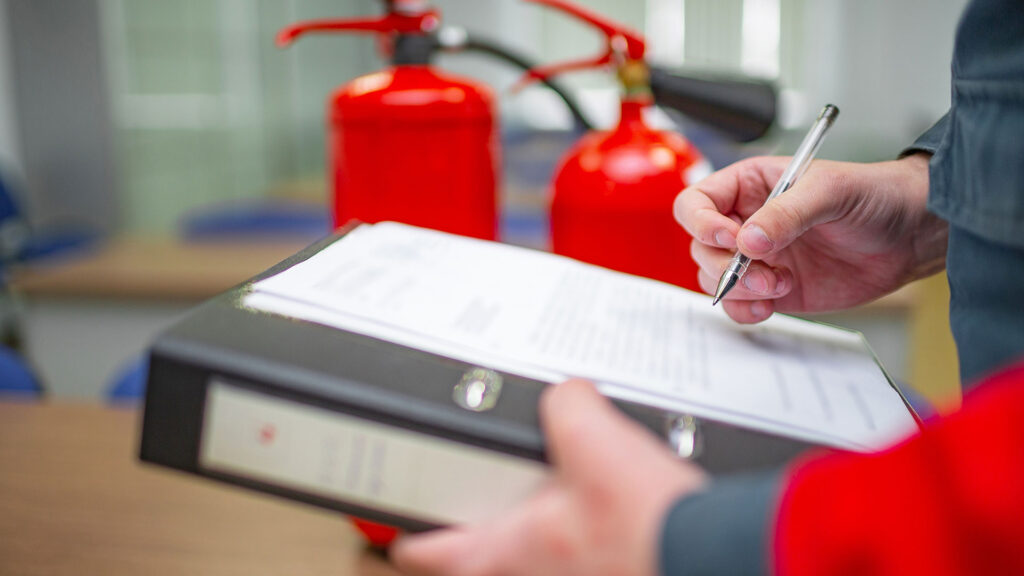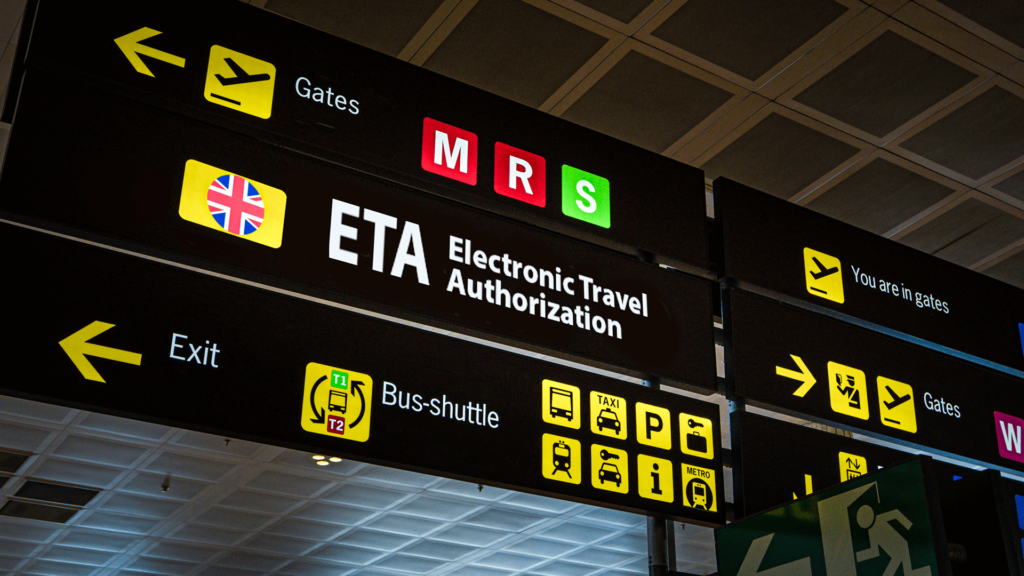Did you know that all businesses, in control of premises, are required to have a fire risk assessment undertaken by a competent person to ensure the safety and well-being of their employees, customers, and visitors?
Under the Regulatory Reform (Fire Safety) Order, 2005 a legal duty is placed on a ‘responsible person’ to carry out, implement, and maintain appropriate fire safety measures to minimise the risk to occupants in all workplaces. The Fire Safety Order empowers enforcing authorities like local fire and rescue services to take enforcement action against employers who fail to comply with these
requirements.
What is a Fire Risk Assessment (FRA)?
The primary purpose of an FRA is to minimise the risk of fire and its potential consequences. This systematic evaluation of a premises must be carried out by a competent person – someone with sufficient knowledge and experience in fire safety management. By entrusting FRAs to a competent person, companies ensure that the assessment is conducted thoroughly and accurately, adhering to legal requirements and industry standards.
The key components of an FRA include:
- Identifying fire hazards caused by potential sources of ignition, fuel, and oxygen within the premises.
- Assessing the likelihood of identified hazards in causing a fire, considering the nature of the business’ activities, presence of vulnerable people and the effectiveness of fire prevention measures.
- Assessing the people at risk which may include, employees, visitors, and customers looking at their mobility and access/familiarity to escape routes if an evacuation was necessary.
- Assessing the effectiveness of existing fire safety measures such as fire detection/warning systems, emergency lighting, evacuation procedures, firefighting equipment, and fire safety training.
- Recommending control measures to be implemented to help mitigate risks, this could include new fire safety equipment, staff training or modifying the premises.
- Keeping a record of each FRA to serve as a reference for continuous safety management and to document legal compliance to enforcing authorities.
By conducting regular FRAs, companies can work towards establishing an effective fire strategy, backed up with suitable emergency procedures and the implementation of necessary precautions to minimize the likelihood of fire incidents and their potential impact on people and property.
If your company requires a competent individual to assist with its legal obligations, our consultants can provide expertise from conducting FRAs, developing fire policies and strategies, along with giving advice and support with all your fire safety requirements.




